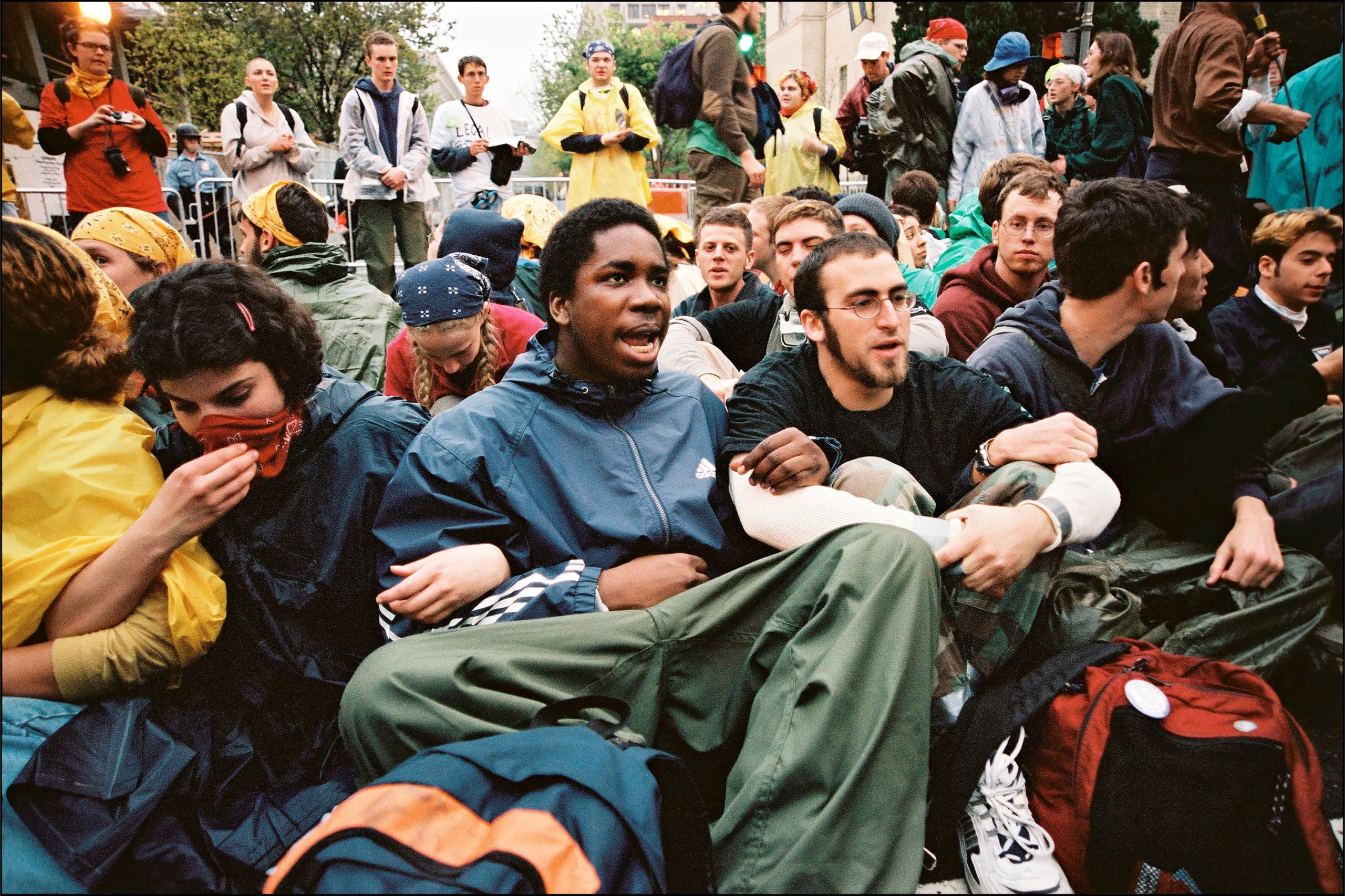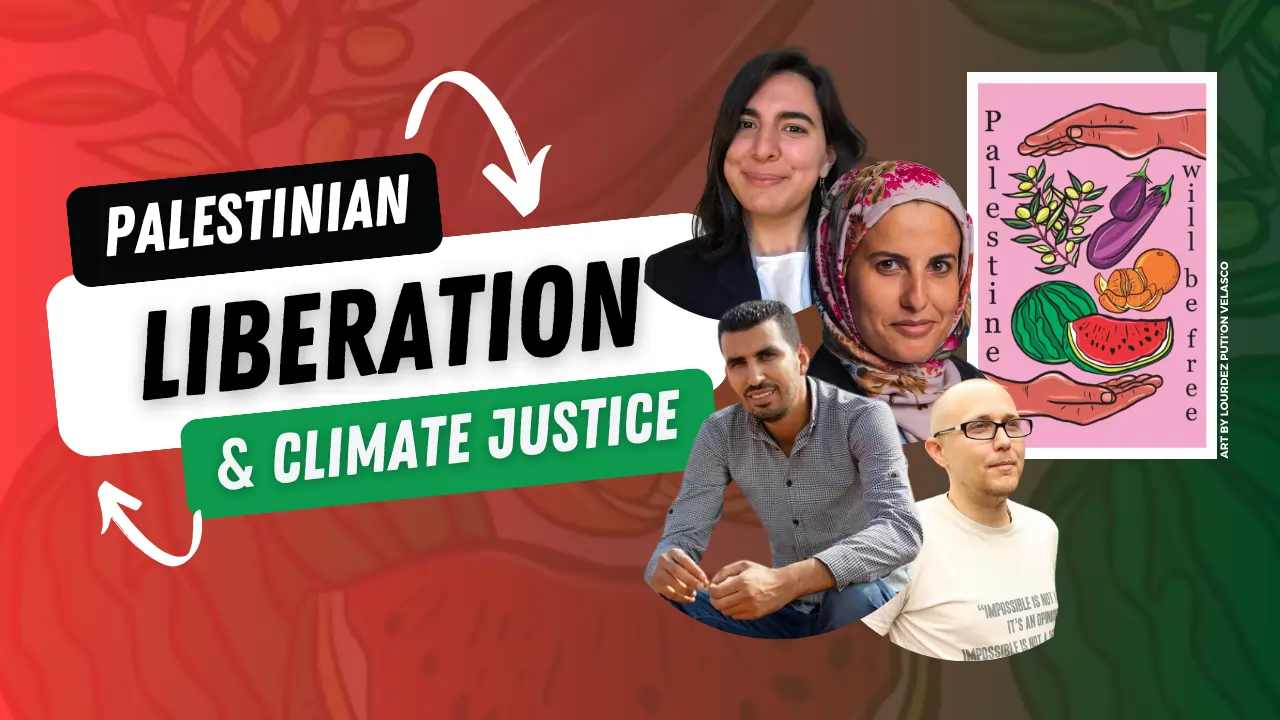Via Open Democracy/DemocraciaAbierta
2 and a half years after Honduran environmental activist Berta Cáceres was shot dead, her family are still fighting for a fair trial. Today, Berta symbolises the voice of environmental activism and the defence of indigenous territories throughout the Americas. Español
2 and a half years since the night of the 2nd of March 2016 when Honduran environmental activist Berta Cáceres was shot dead have already passed.
Her murder was added to a long list of environmental activists murdered in Latin America merely for defending a cause, in the case of Berta against a hydroelectric damn that threatened the sacred river of the Lenca community, a Mesoamerican indigenous group that have resided in Honduras and El Salvador since pre-Columbian times.
After a long wait, this week the trial against those responsible for her murder was due to begin however in an unexpected turn, it has been suspended.
Berta represents the voice of activism and the defence of indigenous territories today in Latin America. Sadly, she also represents a justice system that is slow and highly flawed, that in the words of her daughter Berta Zúñiga Cáceres could become a farce and provoke a null verdict.
It is for these reasons that she demands “true justice to take down the criminal structure that killed my mother”. Now thousands join her in her demands for justice for Berta.
Here are 3 reasons to remember and understand the death of Berta in the context of the current trial.
The current trial
Among the 9 accused sat in the courtroom awaiting their future, some were from the hydroelectric firm DESA that was responsible for the mining project that would have put the river Gualcarque and the Lenca community at risk.
Ex-military officials and hitmen that supposedly received 2200 dollars for pulling the trigger also join them in the ranks of the accussed.
They believe that the Atala family, the owners of DESA, are those who are truly responsible for her death.
Minutes before giving the first hearing, the family of Cáceres presented a complaint against the court provoking a recess until the issue is resolved. The family claim that these men are only intermediaries and not the true authors of the crime.
They believe that the Atala family, the owners of DESA, are those who are truly responsible for her death.
It is uncertain when the trial will recommence, however it is already clear it has been marked by a certain fraudulent atmosphere that may only perpetuate current conditions of impunity.
What is behind this crime according to the family is a perverse nexus between Honduran elites and criminal networks that murder leaders such as Berta with impunity and whose objective is to secure the prosperity of the mining and agro-industry.
This is sadly a phenomenon not only in Honduras but throughout the region.
Women are more at risk
Berta Cáceres represents the fight of hundreds of female environmental activists around the world who sadly become targets of multiple forms of violence.
Many become victims of patriarchal societal structures for challenging machista attitudes within their communities, and by assuming positions of leadership that throw the status quo off balance.
Many actors with economic and political interests use gender based violence against women as a method of instilling fear and silencing their fight for justice.
The symbol of a woman that fights for her community and her lands must be approached from a gender perspective, as this case has demonstrated.
Latin America: the most dangerous region for activism
123 activists have been murdered over the course of 8 years in Honduras, making it the most dangerous country per capita in which to be an environmental activist according to a recent report by Global Witness.
Many actors with economic and political interests use gender based violence against women as a method of instilling fear and silencing their fight for justice.
The fight for environmental protection takes the lives of hundreds of activists who campaign in favour of human rights, the defence of nature, and their territories, that are often compromised by strong economic interests.
Our region has been ranked as the most dangerous for environmental leaders for years now. The systematic killings that occur in an environment of impunity where traditional structures of economic, social and political power are abided by, have become a tool of dark entrepreneurial forces who desire to spread terror and shut down those who organise to defend themselves from economic predators.
It’s shameful and intolerable that we live in a region where environmental activism is becoming increasingly clandestine and high risk.
The impunity that characterises these crimes like the case of Berta Cáceres leaves us at a dead end in which activists continue to be killed as a method of silencing debates regarding the future of the environment, natural resources, and local communities.
These attacks are directed towards anyone critical of an extractivist and predatory model of development that resists adaptation to human rights models and ideas regarding sustainability, perpetuating ideas of exploitative colonialism.
How the Cáceres trial develops will no doubt send a message to the world regarding the future challenges of environmental activism not just in Latin America but around the world.



